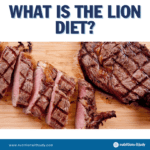

What’s an Egg Fast?


Welcome to our guide on understanding the nuances of an egg fast, especially in the context of the carnivore diet. An egg fast, a concept that sparks curiosity in many health enthusiasts, is often discussed alongside various dietary approaches, including the carnivore diet. While an egg fast primarily revolves around consuming eggs, cheese, and butter for a short period, it’s essential to recognize the subtleties involved when considering it alongside the carnivore diet.
In our wellness practice, we frequently encounter questions about fasting methods and their compatibility with a meat-centric dietary approach. It’s important to note that while an egg fast aligns with some principles of the carnivore diet, such as high protein and fat intake, it also brings its unique set of considerations and nuances. Our aim is to delve into these specifics, helping you understand how an egg fast can fit into your dietary regimen, particularly if you’re following or interested in a carnivore lifestyle. Stay tuned as we explore the intricacies and potential benefits of this intriguing fasting method.
What Is Fasting?
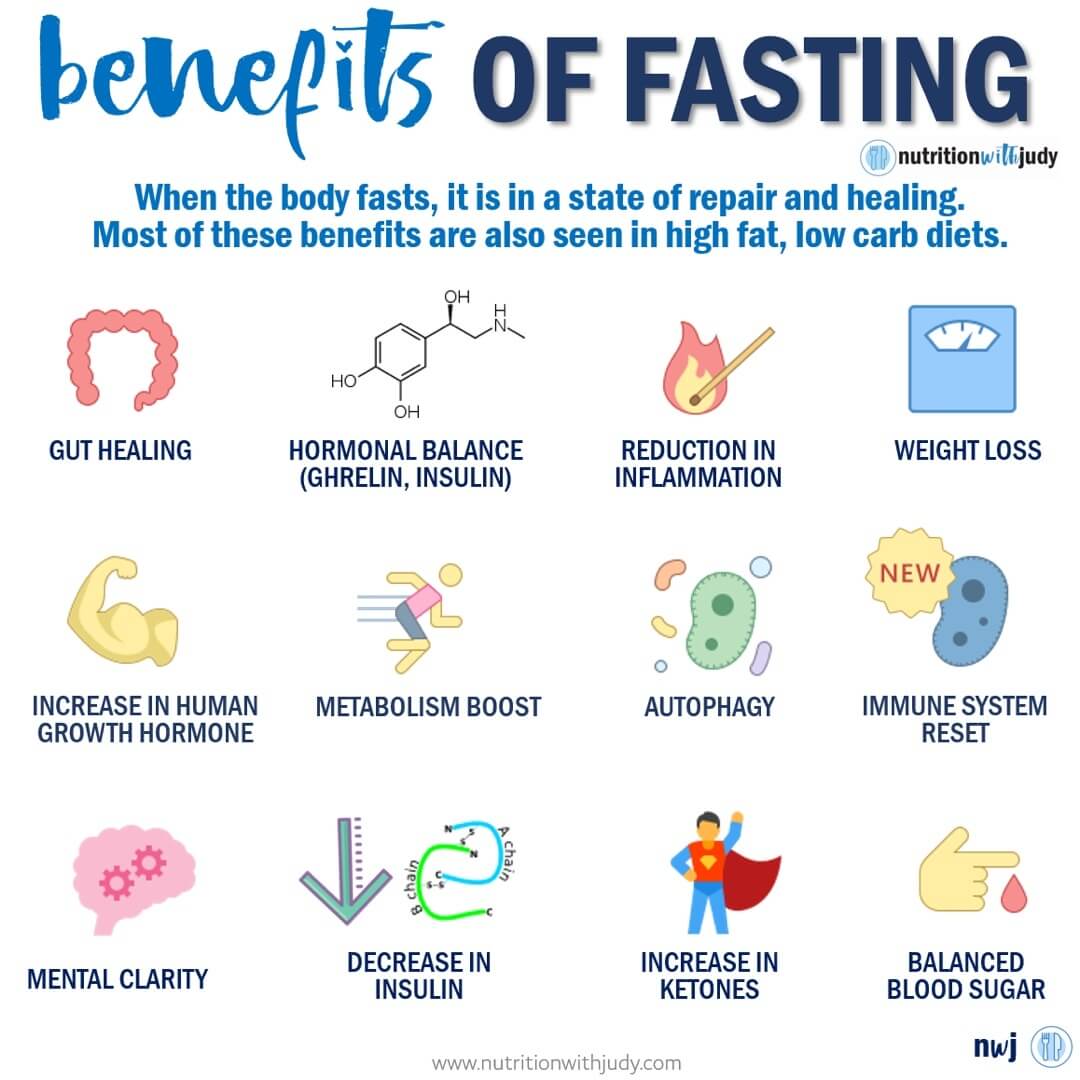

Fasting, a practice rooted in various cultures and traditions, has gained popularity in recent times for its potential health benefits. It involves voluntarily abstaining from some or all food, drink, or both, for a specific period. People engage in fasting for various reasons, including religious or spiritual practices, detoxification, weight loss, and improving overall health.
There are several types of fasts, each with its distinct approach. These include intermittent fasting (alternating between eating and fasting periods), water fasting (consuming only water), juice fasting (consuming only fruit and vegetable juices), and dry fasting (abstaining from all food and liquid). Each method can offer different benefits and challenges.
One of the primary reasons people fast is for health and wellness. Fasting is believed to trigger autophagy, a process where cells self-cleanse and remove damaged components, potentially leading to improved cellular function and longevity. It’s also seen as a way to improve metabolic health, as it can help regulate blood sugar levels, reduce inflammation, and aid in weight loss by encouraging the body to burn fat for energy in the absence of food. Additionally, fasting is sometimes used for mental and spiritual clarity, as it can foster a sense of discipline and focus.
However, it’s important to approach fasting carefully and ideally under the guidance of a healthcare professional, especially for extended periods or for individuals with certain health conditions. While fasting can offer significant benefits, it’s not suitable for everyone and should be tailored to individual health needs and lifestyles.
What Is an Egg Fast?
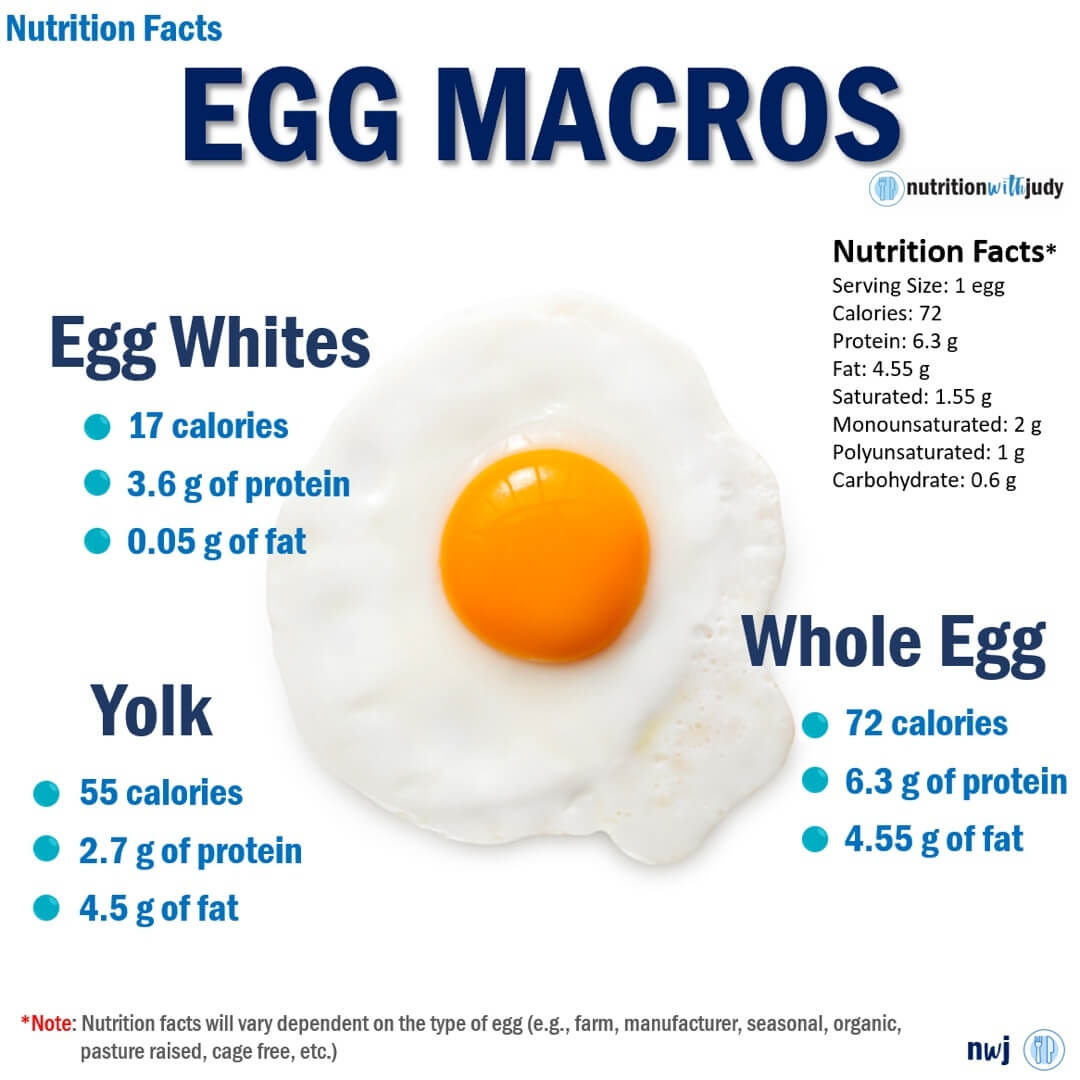

An egg fast is a unique dietary approach, often mistaken for a traditional fast but actually functioning as a short-term ketogenic eating plan focused on weight loss. While a conventional fast involves abstaining from all or most food and drink, an egg fast has specific dietary rules, revolving primarily around egg consumption.
The fundamental concept of an egg fast is to consume eggs, a rich source of protein and healthy fats, as the primary food source. This eating plan typically lasts from three to five days and is structured around consuming eggs at every meal. The general guideline is to eat one egg every three to four hours, up to a maximum of six eggs per day. Alongside eggs, participants are allowed to include a limited amount of fats such as butter or cheese.
Technically, this approach isn’t a fast in the traditional sense, as it doesn’t involve a complete abstinence from food. Instead, it’s a form of a ketogenic diet, emphasizing high fat and low carbohydrate intake. The egg fast aims to jumpstart the body into ketosis, a metabolic state where the body burns fat for energy instead of carbohydrates. This shift can lead to rapid weight loss, making the egg fast appealing to those looking to lose weight quickly.
What Can You Eat On an Egg Fast?
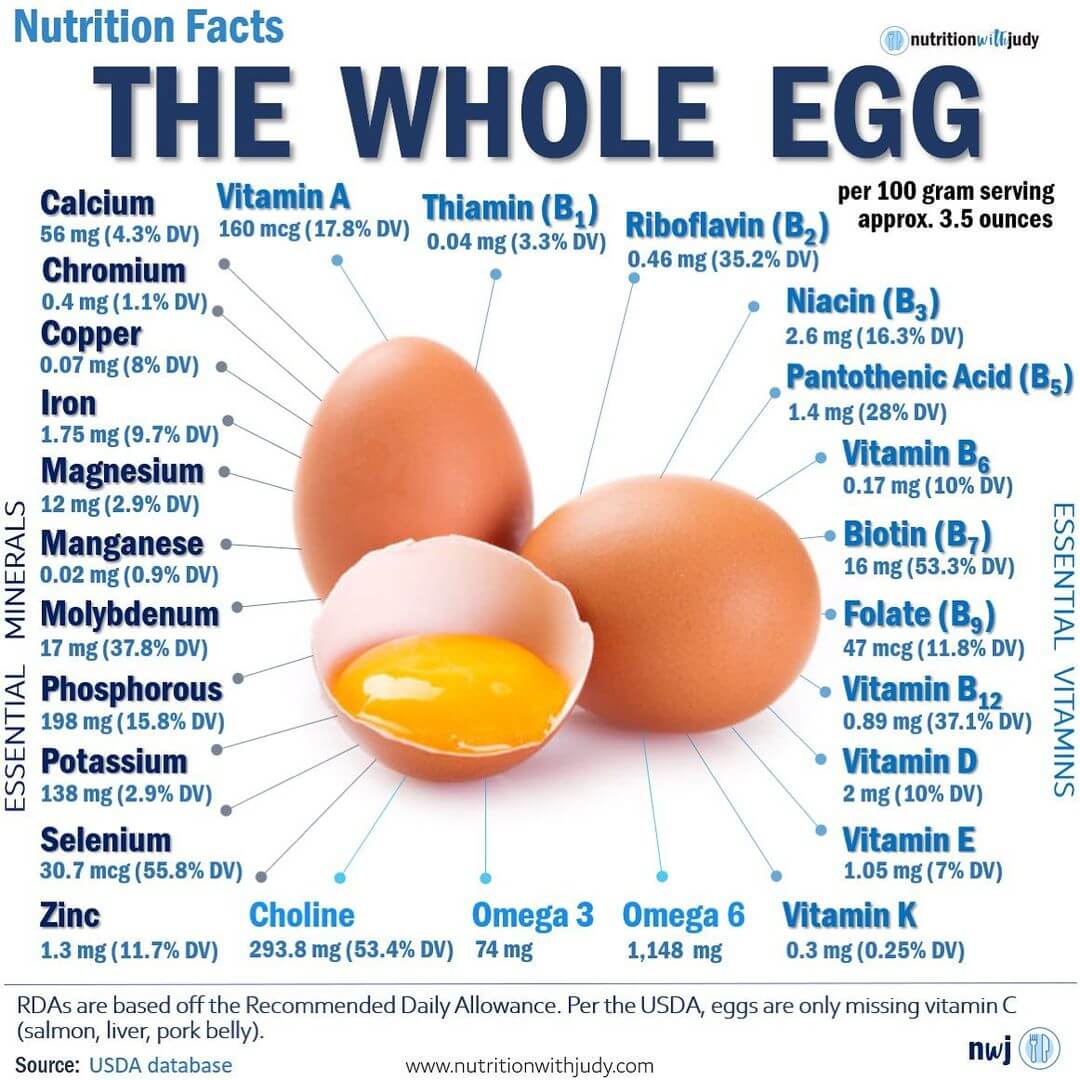

An egg fast is a dietary plan that primarily focuses on consuming eggs, which are a rich source of protein and healthy fats. The key components of an egg fast include:
- Eggs: The cornerstone of this diet, eggs should be consumed at every meal. The general guideline is to eat at least one egg every three to four hours, not exceeding six eggs per day.
- Healthy Fats: For each egg consumed, include a tablespoon of healthy fats such as butter or a healthy oil. This helps in maintaining a high fat intake, essential for the ketosis process.
- Cheese: Limited amounts of cheese are allowed. This could be up to one ounce of cheese per egg consumed.
The meal plan is designed to be followed for a short period, typically three to five days. It aims to put the body into a state of ketosis, where it burns fat for energy instead of carbohydrates, leading to quick weight loss. It’s important to drink plenty of water and stay hydrated during the egg fast.
How Long Are Egg Fasts?
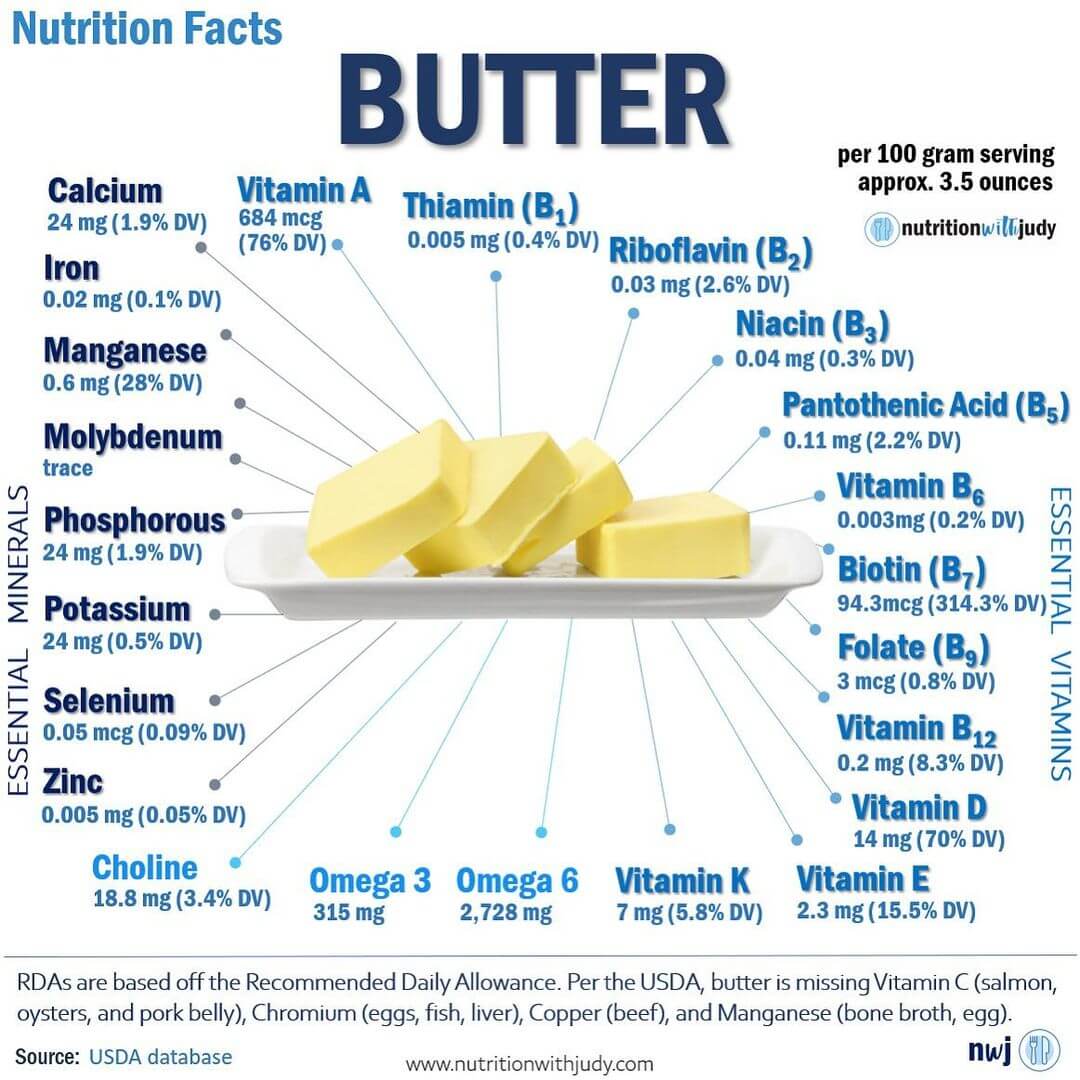

An egg fast typically lasts between three to five days, a duration that strikes a balance between effectiveness and safety. The length of the fast can vary depending on individual goals and tolerance, but extending beyond five days is generally not recommended.
The three-day mark is often sufficient for many individuals to jumpstart ketosis, where the body begins to burn fat for energy in the absence of carbohydrates. Extending the fast to five days can intensify these effects, potentially leading to more significant weight loss. However, the duration should be tailored to each person’s health status and response to the diet.
One of the primary reasons for capping the egg fast at five days is its highly restrictive nature. The diet is limited in terms of food variety, primarily consisting of eggs, cheese, and fats. This narrow range can lead to nutrient deficiencies if prolonged, as it lacks essential nutrients found in a broader carnivore diet. More importantly, long-term egg fasts can adversely impact your metabolism and cause hypothyroid issues as this way of eating doesn’t meet daily caloric and nutrient needs. You can learn more about the risks of undereating here.
It’s crucial to approach an egg fast with caution and under medical supervision, especially for individuals with specific health conditions. If you want to break a weight loss stall, it’s okay to try an egg fast for a few days— the fast should be seen as a short-term strategy rather than a long-term dietary solution.
Who Shouldn’t Try an Egg Fast?
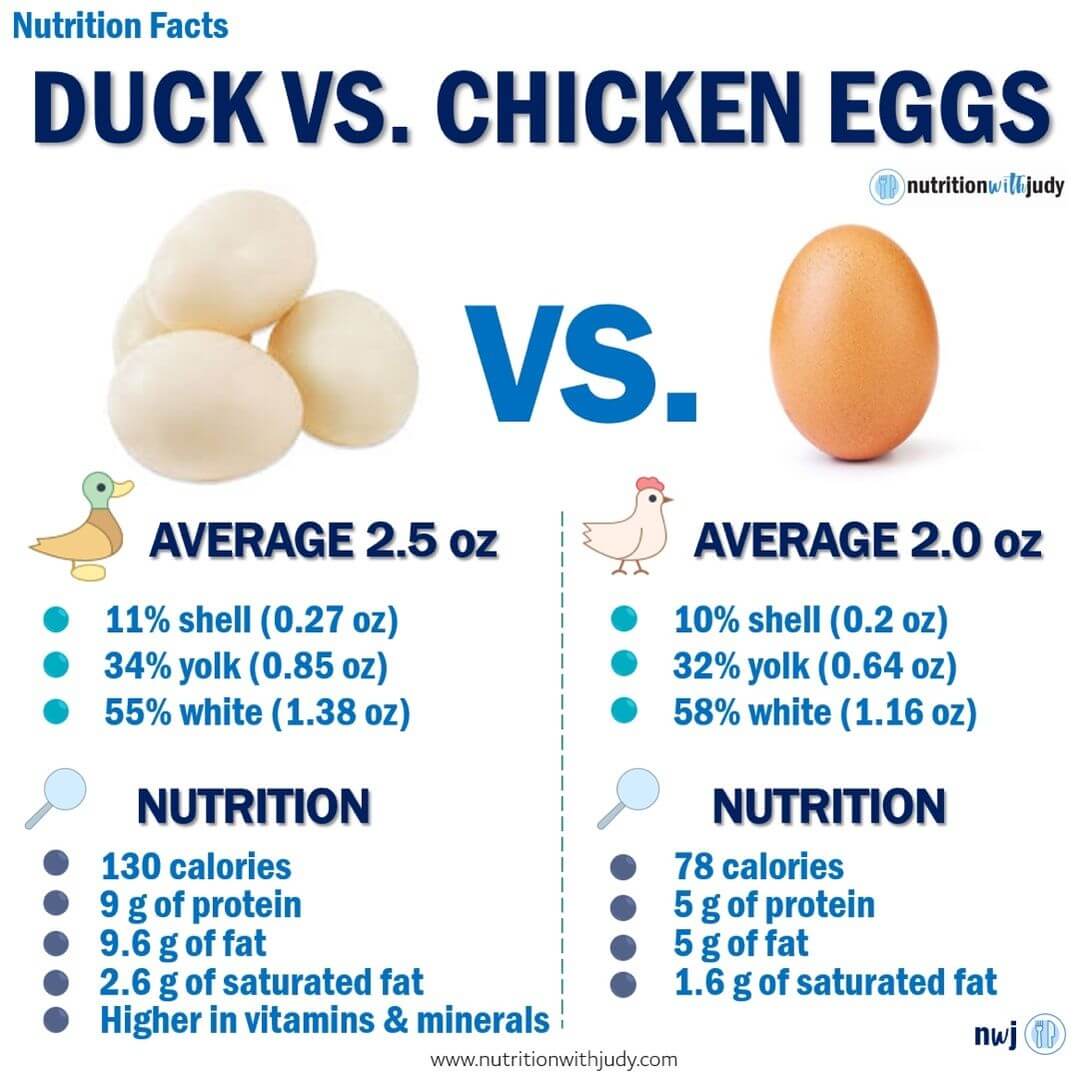

An egg fast, while beneficial for some, is not suitable for everyone. This dietary approach primarily involves consuming eggs, cheese, and fats, and is designed as a short-term strategy for weight loss. However, it’s important to recognize that certain individuals should avoid this fast due to health concerns.
- People with Eating Disorders: The restrictive nature of an egg fast could be triggering for individuals with a history of eating disorders. The diet’s focus on limited food types and the potential for rapid weight loss could exacerbate unhealthy eating patterns.
- Sulfur Sensitivities: Eggs are high in sulfur. Individuals with sulfur sensitivities or allergies can experience adverse reactions, such as digestive discomfort or skin rashes.
- Pregnant or Breastfeeding Women: Due to its restrictive nature, the egg fast doesn’t provide the range of nutrients required for pregnant or breastfeeding women.
- Children and Adolescents: Young individuals require a variety of nutrients for growth and development, which a restrictive diet such as the egg fast cannot provide. A strict carnivore diet isn’t generally recommended for children either. Learn more about the ideal diet for children here.
- People with Certain Allergies: Those allergic to eggs or dairy products should avoid this diet due to its heavy reliance on these foods.
- Individuals With Chronic Diseases: People with chronic conditions or any chronic health issues should consult with their trusted healthcare provider before attempting an egg fast.
The Egg Fast vs. the Carnivore Diet
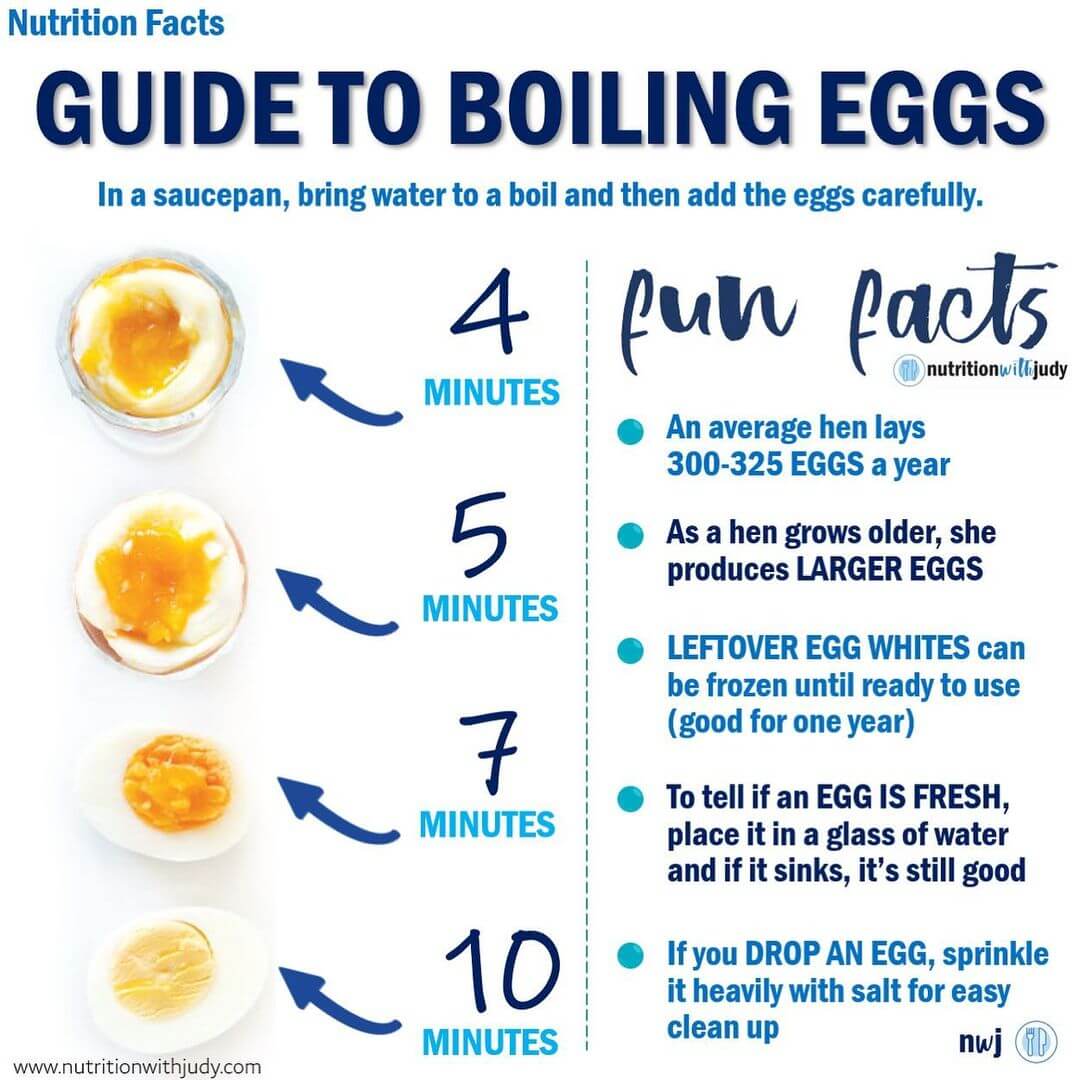

Comparing the egg fast with the carnivore diet reveals significant differences, particularly in their approach to weight loss. The egg fast is often viewed as a gimmicky, short-term strategy for quick weight loss, while the carnivore diet offers a more sustainable and health-focused approach.
The egg fast is highly restrictive, centering around eggs, cheese, and fats. This limited food variety can lead to rapid weight loss, but it’s not sustainable or nutritionally balanced.
In contrast, the carnivore diet, focusing on meat and animal products, offers a more sustainable approach to weight loss and overall health. It provides a broader range of nutrients from different meat sources, including essential proteins, fats, vitamins, and minerals necessary for body function. The diet can be adapted to individual preferences and health needs, making it more sustainable in the long term. Additionally, the carnivore diet supports a state of ketosis, similar to the egg fast, but in a more balanced and healthful manner.
The carnivore diet also encourages eating until satiated, which can lead to a more intuitive understanding of hunger and fullness cues, promoting a healthier relationship with food. This aspect is often lacking in the egg fast, where food intake is more controlled and less varied.
While the egg fast might offer quick weight loss results, its restrictive and unbalanced nature makes it less suitable for long-term health and weight management compared to the more sustainable, nutrient-rich carnivore diet.
Can I Try the Egg Fast While On the Carnivore Diet?
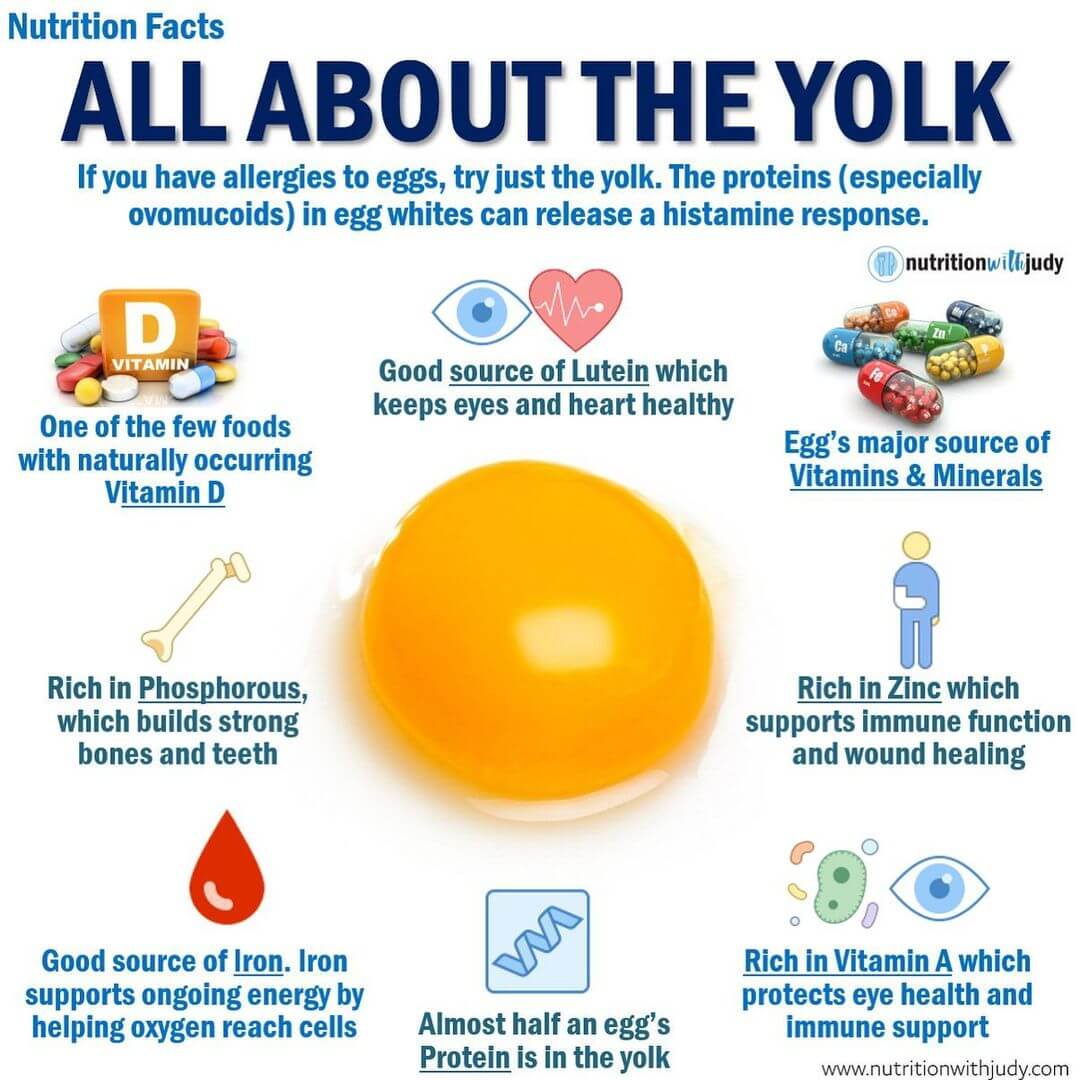

Individuals on the carnivore diet may consider an egg fast as a potential method to support weight loss, given that it technically falls under an animal-based protocol. However, it’s important to understand the nuance behind this technique.
An egg fast is largely centered on consuming eggs, cheese, and butter, making it compatible with the animal-based focus of the carnivore diet. For those who tolerate these foods well, especially eggs and dairy, an egg fast could be a method to explore short-term weight loss goals. It’s crucial to ensure these foods do not trigger any digestive or allergic reactions and fit within one’s dietary tolerances.
Despite its compatibility, we generally don’t recommend the egg fast as a go-to approach for individuals following the carnivore diet. Some people utilize an egg fast on the carnivore diet if they’re trying to break a weight loss stall. If you’re utilizing this tool in this context, it’s okay to try it for a few days but don’t do it long term. As we mentioned above, eating this way long-term can adversely impact your metabolism and cause hypothyroid issues.
Incorporating traditional fasting methods alongside the carnivore diet is another option to explore. These methods can include intermittent fasting or periodic full-day fasts. Traditional fasting can be a more balanced approach, allowing for a wider range of animal-based foods while still promoting weight loss and health benefits such as improved metabolic flexibility and autophagy.
While an egg fast is feasible and can be helpful for some on a carnivore diet for those who tolerate its limited food items, it’s not the most recommended route. It’s best to discuss this approach with your trusted carnivore diet practitioner to see what types of fasts are ideal for your situation.
Fasting and the Carnivore Diet
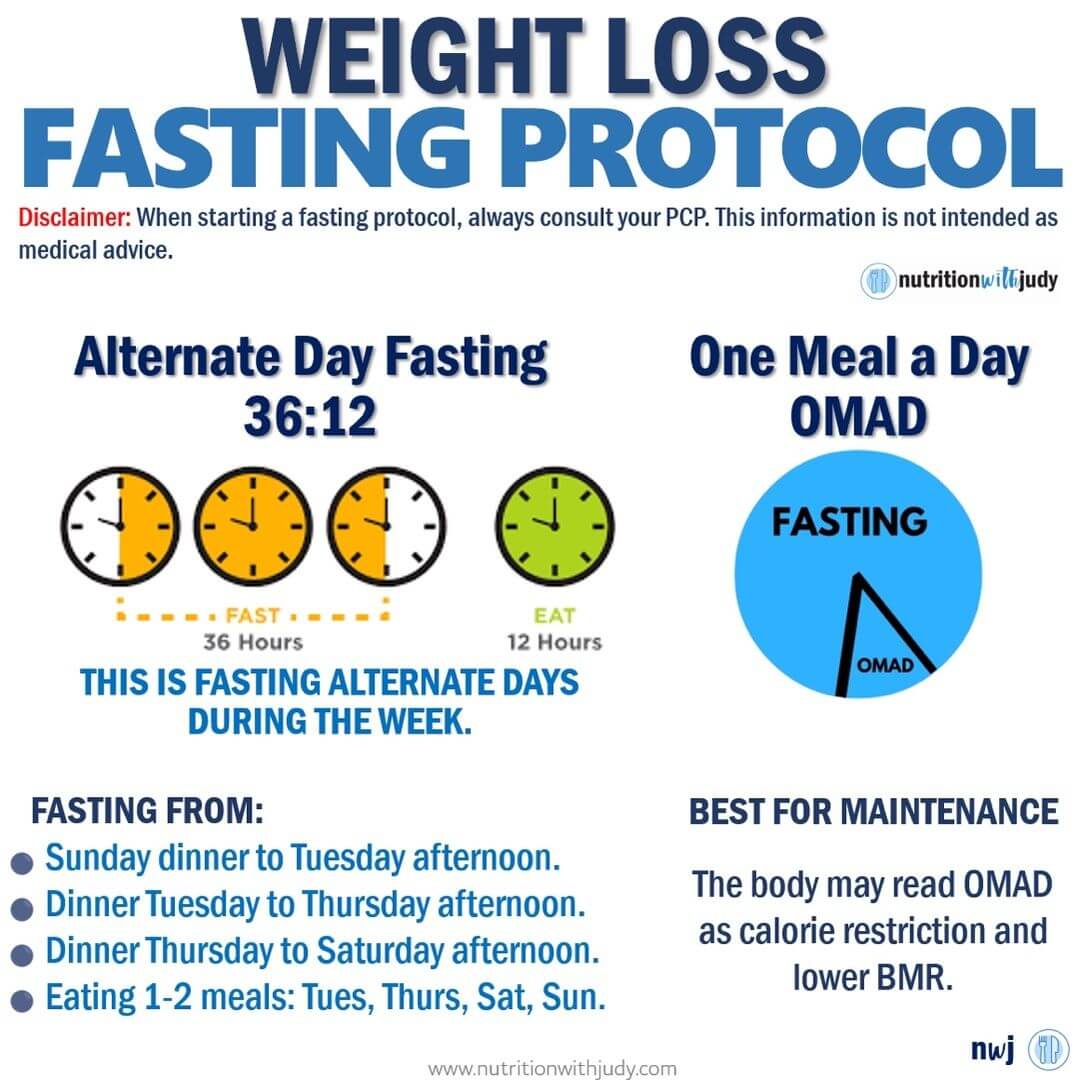

Traditional fasting, when combined with the carnivore diet, can offer numerous benefits, making it a viable option for many seeking to improve their health and well-being. The carnivore diet, primarily meat-based, is in some ways similar to fasting, as it can mimic some fasting effects due to its low carbohydrate content. Here are some key benefits of integrating traditional fasting with the carnivore diet:
- Enhanced Fat Loss: Both fasting and the carnivore diet promote fat burning. Fasting leads the body into ketosis, where it uses fat for energy, while the carnivore diet’s low-carb nature also supports this metabolic shift. The combination can accelerate fat loss.
- Improved Metabolic Health: Fasting can improve insulin sensitivity and regulate blood sugar levels. When combined with the carnivore diet, which naturally stabilizes blood sugar due to its low carbohydrate content, it can further enhance metabolic health.
- Increased Autophagy: Fasting activates autophagy, a cellular cleansing process. The carnivore diet, being nutrient-dense and anti-inflammatory, complements this by providing high-quality nutrients that can support cellular health and repair.
- Mental Clarity and Cognitive Benefits: Many report enhanced mental clarity and focus during fasting. The carnivore diet, rich in high-quality fats and proteins, is also known to support brain health, potentially amplifying these cognitive benefits.
- Simplicity and Digestive Health: Both fasting and the carnivore diet simplify eating patterns, which can be beneficial for digestive health. Reduced meal frequency and a focus on easily digestible foods can give the digestive system a rest.
- Reduced Inflammation: The carnivore diet is known for its anti-inflammatory properties. Fasting can also reduce inflammation, making their combination powerful for individuals with inflammatory conditions.
While traditional fasting combined with the carnivore diet can offer these benefits, it’s important to approach this lifestyle change cautiously. It’s not suitable for everyone, and individuals with certain health conditions or a history of disordered eating should consult a healthcare professional before starting. This combination should be tailored to individual needs and goals for optimal health outcomes.
Closing Thoughts On Egg Fasts and the Carnivore Diet
Egg fasts and the carnivore diet are two distinct dietary approaches with unique characteristics and implications for weight loss and health. An egg fast is a short-term, highly restrictive diet mainly involving the consumption of eggs, cheese, and fats. It is often used for rapid weight loss by putting the body into ketosis but lacks long-term sustainability and nutritional balance. Typically, it is recommended for a duration of three to five days and is not suitable for everyone, especially individuals with specific medical conditions, eating disorders, sulfur sensitivities, pregnant or breastfeeding women, children, and those with allergies to eggs or dairy.
On the other hand, the carnivore diet is a more sustainable, meat-based dietary approach. It provides a broader range of nutrients and can be adapted to individual preferences and health needs. Integrating traditional fasting methods with the carnivore diet offers several benefits, including enhanced fat loss, improved metabolic health, increased autophagy, mental clarity, simplicity in eating patterns, and reduced inflammation.
Some individuals try the egg fast on the carnivore diet in order to try to break a weight loss stall. If you tolerate the foods on the egg fast well, it’s okay to try this for a few days periodically. However, eating this way long term can cause various adverse effects. Traditional fasting combined with the carnivore diet is another option to explore and can be a healthful approach to weight loss and well-being. Each diet plan should be approached with caution and ideally under medical supervision, particularly for those with specific health concerns.
Work With Our Trusted Carnivore Diet Functional Nutritional Therapy Practitioners
The Nutrition with Judy practice is honored to be a trusted carnivore diet practitioner support serving clients from around the globe. We’re passionate about helping our clients achieve root-cause healing in order to lead the best quality of life possible that’s nearly symptom-free. Our team is dedicated to educating our community about the incredible benefits of the carnivore diet. We welcome you to explore our free resources and are always available to support you through personalized protocols. Our Symptom Burden Assessment (SBA) is the perfect starting point for discovering your root cause and is required to work with our team— you can learn more in-depth about this powerful tool here.
Start your root-cause healing journey today and contact us any time with any questions or concerns.
DISCLAIMER: This content is for educational purposes only. While we are board-certified in holistic nutrition and are nutritional therapy practitioners, we are not providing medical advice. Whenever you start a new diet or protocol, always consult with your trusted practitioner first.




